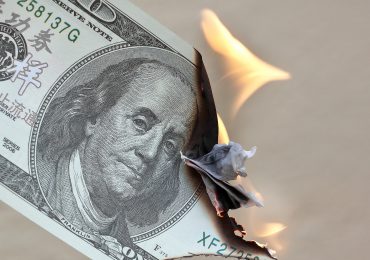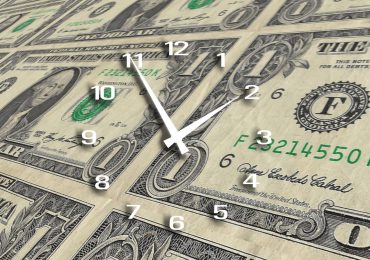In a recent Wall Street Journal article, Mark Hulbert makes the case that even over periods as long as ten years, investors stand a good chance of underperforming their benchmark, “simply because of bad luck in their timing.”
The culprit is volatility, Hulbert argues, describing an experiment conducted by professors Eugene Fama and Ken French to test strategy performance. The experiment revealed that “for each of the investment strategies they studied, there was a significant probability the strategy would lag behind its benchmark over a 10-year period.” He notes the example of value investing which, “despite having one of the strongest historical pedigrees, the average value stock over the past decade has lagged significantly behind the average growth stock.”
In an interview, Professor French told Hulbert that he is skeptical of the “after-the fact explanations that have cropped up in recent years for why value strategies have supposedly lost their touch,” noting that “statistical noise—luck, in other words—is always the first possibility to consider, especially when a compelling model says the expected premium is positive.” Fama and French, the article says, saw similar results when testing strategies that favor small-cap over large-cap stocks.
“The investment implication of the professors’ finding is clear,” Hulbert states, explaining that you can’t draw strong conclusions about a strategy’s potential from three, five or even 10 years of returns. “The corollary,” he concludes, is that “once you start following a strategy with impressive historical returns, you need to give it the benefit of the doubt for at least 10 years, even in the face of significant market-lagging performance.”








